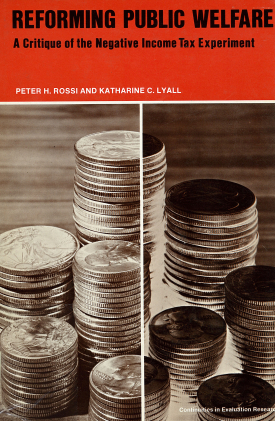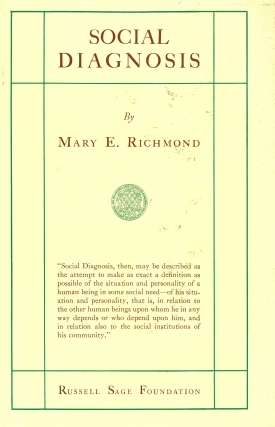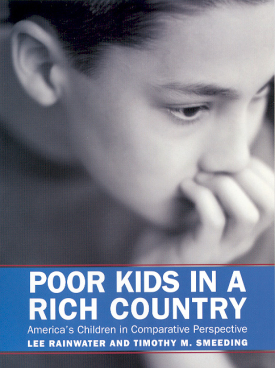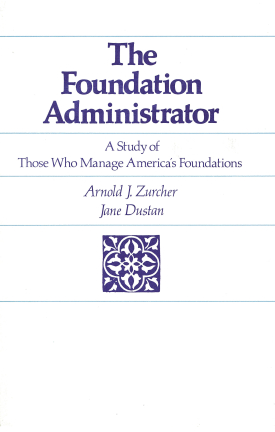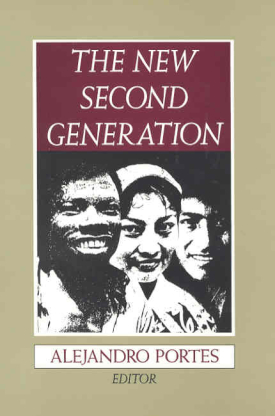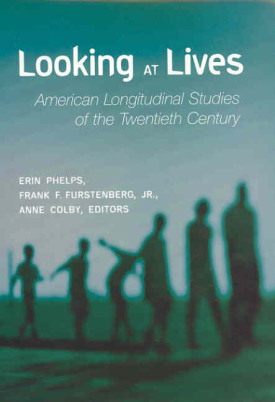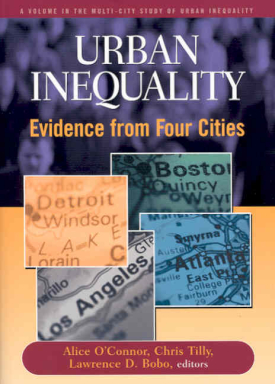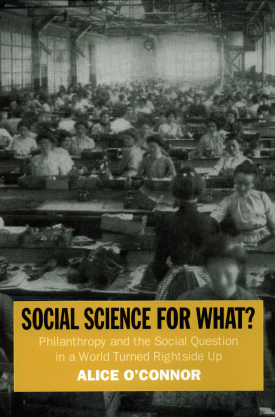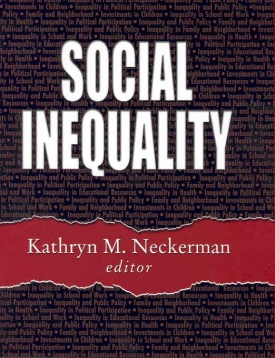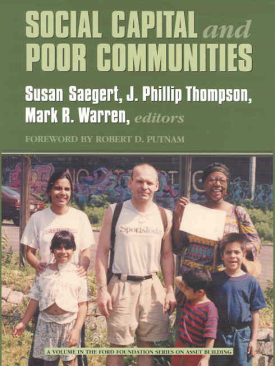
Social Capital and Poor Communities
About This Book
Neighborhood support groups have always played a key role in helping the poor survive, but combating poverty requires more than simply meeting the needs of day-to-day subsistence. Social Capital and Poor Communities shows the significant achievements that can be made through collective strategies, which empower the poor to become active partners in revitalizing their neighborhoods. Trust and cooperation among residents and local organizations such as churches, small businesses, and unions form the basis of social capital, which provides access to resources that would otherwise be out of reach to poor families.
Social Capital and Poor Communities examines civic initiatives that have built affordable housing, fostered small businesses, promoted neighborhood safety, and increased political participation. At the core of each initiative lie local institutions—church congregations, parent-teacher groups, tenant associations, and community improvement alliances. The contributors explore how such groups build networks of leaders and followers and how the social power they cultivate can be successfully transferred from smaller goals to broader political advocacy. For example, community-based groups often become platforms for leaders hoping to run for local office. Church-based groups and interfaith organizations can lobby for affordable housing, job training programs, and school improvement.
Social Capital and Poor Communities convincingly demonstrates why building social capital is so important in enabling the poor to seek greater access to financial resources and public services. As the contributors make clear, this task is neither automatic nor easy. The book's frank discussions of both successes and failures illustrate the pitfalls—conflicts of interest, resistance from power elites, and racial exclusion—that can threaten even the most promising initiatives. The impressive evidence in this volume offers valuable insights into how goal formation, leadership, and cooperation can be effectively cultivated, resulting in a remarkable force for change and a rich public life even for those communities mired in seemingly hopeless poverty.
SUSAN SAEGERT is professor of environmental psychology at the Graduate Center, City University of New York.
J. PHILLIP THOMPSON is Associate Professor in American politics, Columbia University.
MARK R. WARREN is associate professor in the Graduate School of Education at Harvard University.
CONTRIBUTORS: Mark Chaves, Cathy J. Cohen, Cynthia M. Duncan, Michael Foley, Ross Gittell, Sherman A. James, Langley C. Keyes, Margaret Levi, M. Lisette Lopez, John D. McCarthy, Lorraine C. Minnite, Pedro A. Noguera, Melvin L. Oliver, Robert Putnam, Robert J. Sampson, Amy Schulz, Robert Y. Shapiro, Carol B. Stack, Juliana van Olphen.
A Volume in the Ford Foundation Series on Asset Building

